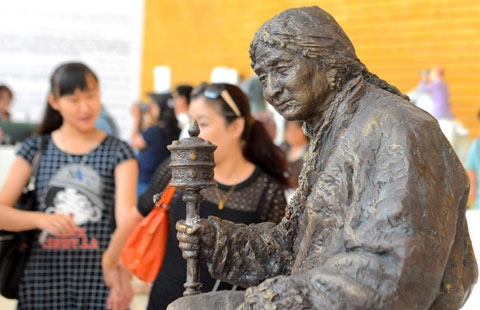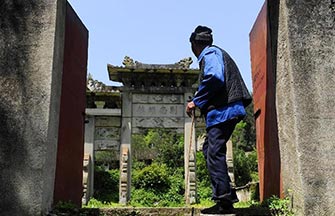New light on tales of patriotism and valor
By Chen Nan ( China Daily ) Updated: 2015-08-24 07:14:43
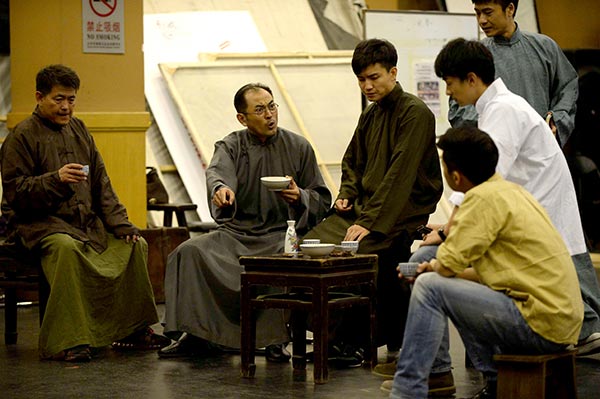 |
|
Chinese Soldiers (top) and Homeland will be staged in Beijing to celebrate the 70th anniversary of the end of World War II. [Jiang Dong / China Daily] |
When Lin Wenxuan met He Changgui at a traditional Chinese courtyard house in Beijing, they barely got along.
Lin, an introverted intellectual from Taiwan, sought to buy the house or siheyuan, where He, the hot-headed stonecutter, lived. Their personalities clashed, coming in the way of the deal.
But as China fell to a full-scale Japanese invasion in 1937, the two men not only buried their personal differences but also got together to fight the war in their own ways.
That is the story of Homeland, the latest production of Beijing People's Art Theater, which will be staged at the Capital Theater on Aug 31.
Marking this year as the 70th anniversary of victory in the War of Resistance against Japanese Aggression (1937-45), the drama, written by scriptwriter Wang Jian, is set in Beijing's Qianmen area, among the earliest commercial streets of the capital.
A courtyard house on that street, now known as Taiwan Guild, which was first built in 1890 for students from Taiwan living in Beijing, functions as a communication platform holding cultural exchange activities between Taiwan and the Chinese mainland.
"We want to present the patriotic story and the characters from a special angle," says director Tang Ye of the Beijing People's Art Theater.
"Compared with those who fought on the battlefields, people from Taiwan, who shared mutual patriotic feelings with people from the mainland, were rarely noticed. However, their contributions for the country deserve to be remembered."
Tang also says that it is a challenging drama since it is the first time the theater is telling a story about Taiwan people. The theater, founded in the 1950s, is known for productions depicting Beijing local life.
Two of the theater's actresses, Gao Qian, who was born in Taiwan and moved to Beijing in her childhood with her businessman father, and Bai Hui, who married a Taiwan native, invited their relatives and friends from Taiwan to teach the actors to speak Mandarin with a Taiwan accent.
The director also led the scriptwriter and actors to talk to the descendants of Taiwanese who lived in Beijing during the war.
Besides the major characters like Lin, the production also features musicians, dentists and writers from Taiwan guarding their culture against Japanese aggression.
"Some scenes in the drama are based on our talks, such as the song Rainy Night Flower, sung in the local Hokkien language and traditional Taiwan opera," Tang says.
|
|
|
|
|
|
|
|

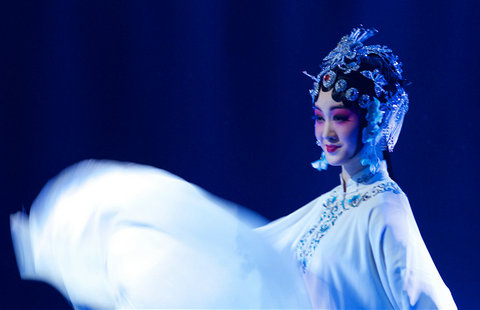
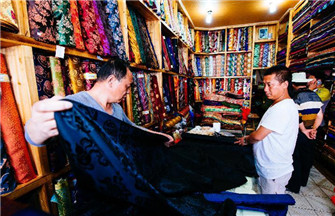
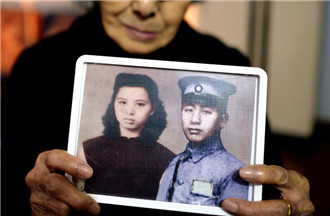


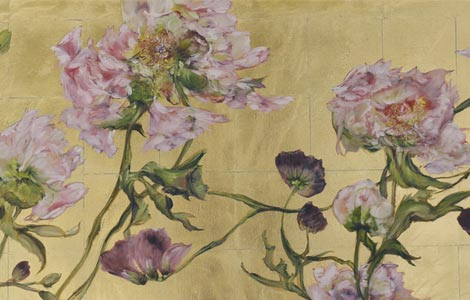
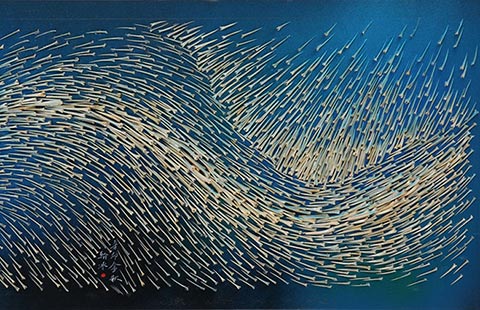
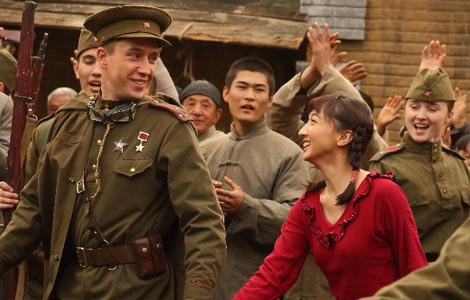
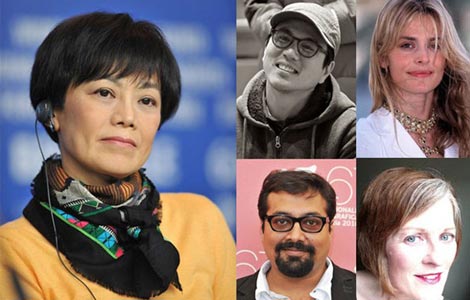
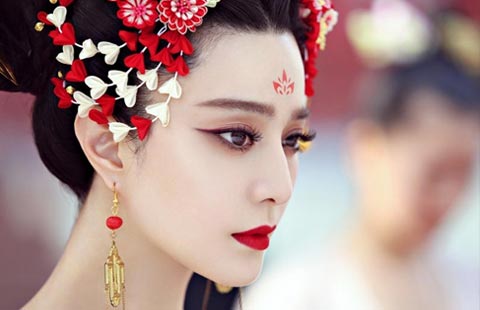







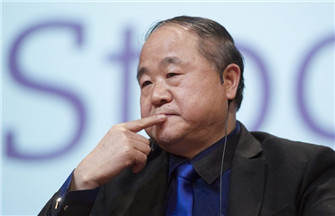
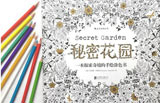



 Raymond Zhou:
Raymond Zhou: Pauline D Loh:
Pauline D Loh: Hot Pot
Hot Pot Eco China
Eco China China Dream
China Dream China Face
China Face


